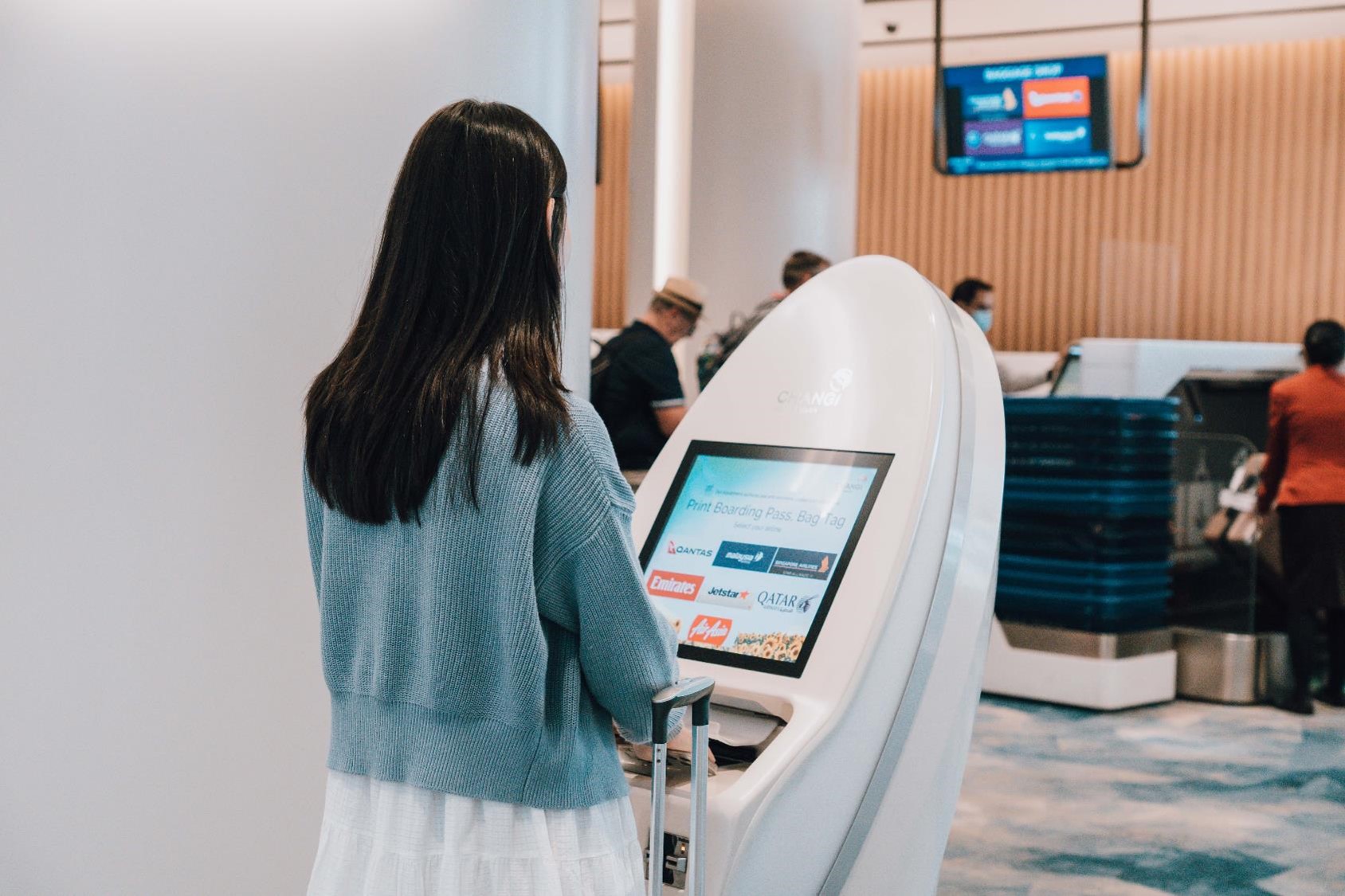Facebook announced a $5.7 billion, or INR 43,574 crore, investment in Jio Platforms Limited, part of Reliance Industries Limited, making Facebook its largest minority shareholder.
The investment underscores facebooks commitment to India, and their excitement for the dramatic transformation that Jio has spurred in the country. In less than four years, Jio has brought more than 388 million people online, fueling the creation of innovative new enterprises and connecting people in new ways. Facebook is committed to connecting more people in India together with Jio.
India is in the midst of one of the most dynamic social and economic transformations the world has ever seen, driven by the rapid adoption of digital technologies. In just the past five years, more than 560 million people in India have gained access to the internet.
Facebooks’ goal is to enable new opportunities for businesses of all sizes, but especially for the more than 60 million small businesses across India. They account for the majority of jobs in the country, and form the heart and soul of rural and urban communities alike. In the face of the coronavirus, it is important that Facebook and Jio together combat this global pandemic now, and lay the groundwork to help people and businesses in the years to come.
One focus of Facebook’s’ collaboration with Jio will be creating new ways for people and businesses to operate more effectively in the growing digital economy. For instance, by bringing together JioMart, Jio’s small business initiative, with the power of WhatsApp, Facebook can enable people to connect with businesses, shop and ultimately purchase products in a seamless mobile experience.
India is a special country for Facebook stated. Over the years, Facebook has invested in India to connect people and help businesses launch and grow. WhatsApp is so ingrained in Indian life that it has become a commonly used verb across many Indian languages and dialects. Facebook brings together friends and families, but moreover, it’s one of the country’s biggest enablers of growth for small businesses. And Instagram has grown dramatically in India in recent years as the place where people follow their interests and passions.
Facebook expresses their excitement about furthering their investment in India’s vibrant digital economy. Facebook’s efforts with Jio will be focused on opening new doors and fueling India’s economic growth and the prosperity of its people. Facebook looks forward to working with Jio, and to future collaborations in India to advance this vision.








